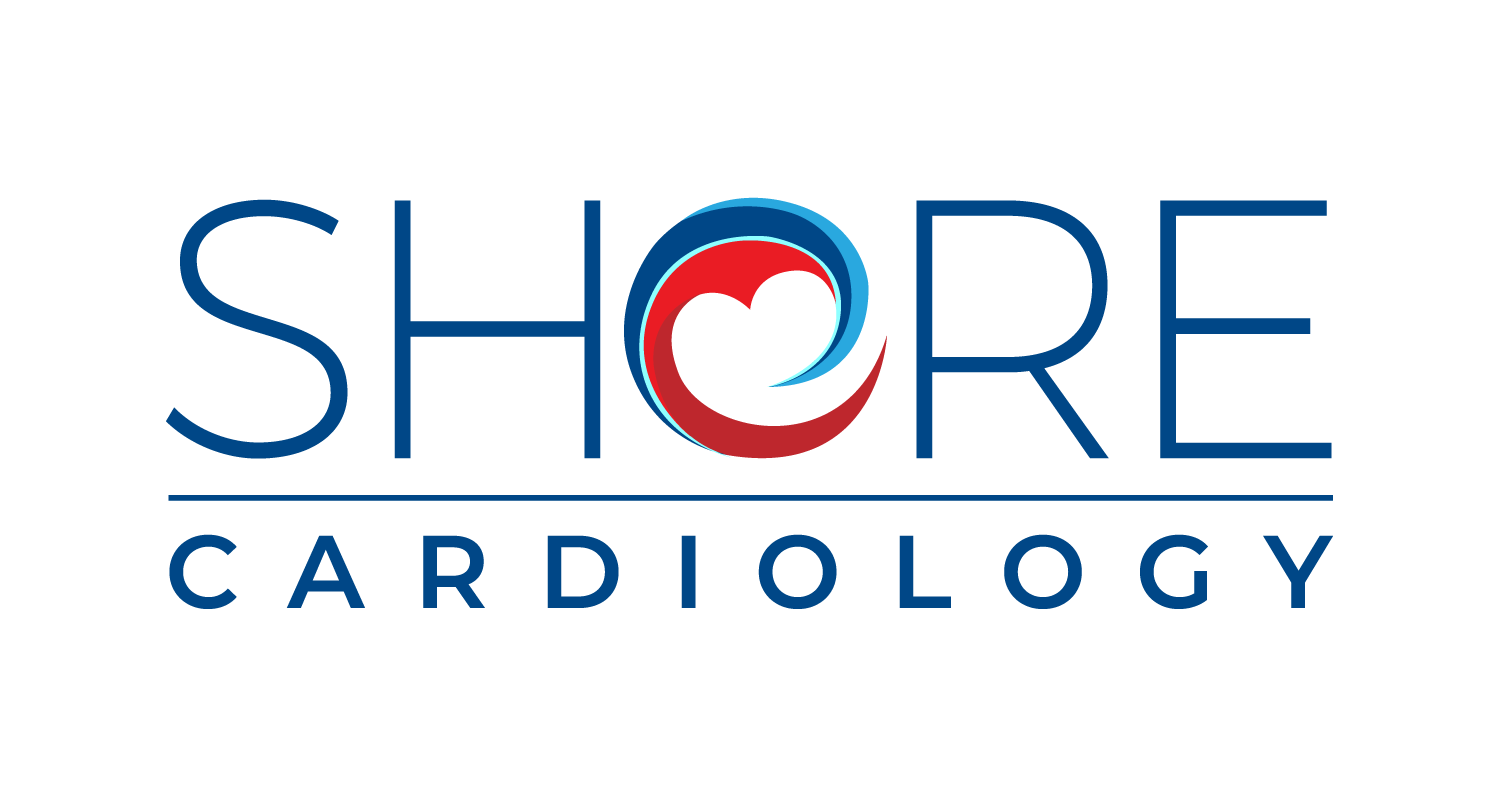Prevention of Heart Disease - Why You Should See a Cardiologist
Introduction
Cardiovascular disease (CVD) is a leading cause of death worldwide. It includes coronary heart disease, stroke, heart failure, and peripheral artery disease. Many of these conditions stem from atherosclerosis, a condition where plaque builds up in the arteries. Seeing a cardiologist can help you understand your risk factors and take steps to prevent these diseases before they start.
1. Understanding Your Risk
One of the first steps in preventing CVD is identifying your risk factors. These include:
High blood pressure
High cholesterol levels
Diabetes
Smoking
Obesity
Lack of physical activity
A cardiologist can assess these factors through physical exams and lab tests, helping you understand your risk and develop a plan to address it.
2. Comprehensive Risk Assessment
Cardiologists use advanced tools and calculators to estimate your risk of developing CVD. These tools consider factors like your age, gender, cholesterol levels, blood pressure, and lifestyle habits. Understanding your risk can help tailor preventive strategies to your specific needs.
3. Personalised Lifestyle Recommendations
Maintaining a healthy lifestyle is crucial for preventing CVD. A cardiologist can provide personalised advice on:
Diet: Adopting a heart-healthy diet rich in fruits, vegetables, whole grains, and lean proteins.
Exercise: Engaging in regular physical activity, such as walking, swimming, or cycling.
Weight Management: Achieving and maintaining a healthy weight through diet and exercise.
Smoking Cessation: Quitting smoking to drastically reduce your risk of CVD.
4. Early Detection and Management
Regular check-ups with a cardiologist can help detect early signs of heart disease. Early detection allows for prompt management, which can prevent the progression of CVD. This might include medications to control blood pressure, cholesterol, or diabetes.
5. Monitoring and Adjusting Treatment
For those already at risk, a cardiologist can monitor your condition and adjust treatments as needed. This ongoing care ensures that your risk factors are managed effectively, reducing the likelihood of a heart attack or stroke.
6. Addressing Metabolic Risk Factors
Cardiologists can help manage conditions like hypertension, diabetes, and dyslipidaemia, which significantly increase the risk of CVD. Proper management of these conditions involves lifestyle changes and possibly medications to keep them under control.
7. The Importance of Early Intervention
Atherosclerosis can begin early in life, so it's essential to start preventive measures as soon as possible. Early intervention can significantly reduce the total burden of atherosclerotic disease and the incidence of CVD events.
8. Benefits of Seeing a Cardiologist
Expertise: Cardiologists specialise in heart health and can provide the most accurate risk assessments and preventive strategies.
Personalised Care: Tailored advice and treatments based on your unique risk factors.
Ongoing Support: Regular follow-ups to adjust treatment plans and ensure the best outcomes.
Take Home Message
Seeing a cardiologist for the primary prevention of cardiovascular disease can significantly improve your long-term health. By identifying and managing risk factors early, you can reduce your chances of developing serious heart conditions. Make an appointment with a cardiologist at Shore Cardiology to take control of your heart health and ensure a healthier future.
References
[3] Overview of established risk factors for cardiovascular disease
[4] Overview of possible risk factors for cardiovascular disease
[5] Overview of smoking cessation management in adults
[6] Exercise and fitness in the prevention of atherosclerotic cardiovascular disease
[9] Cardiovascular risks of hypertension

